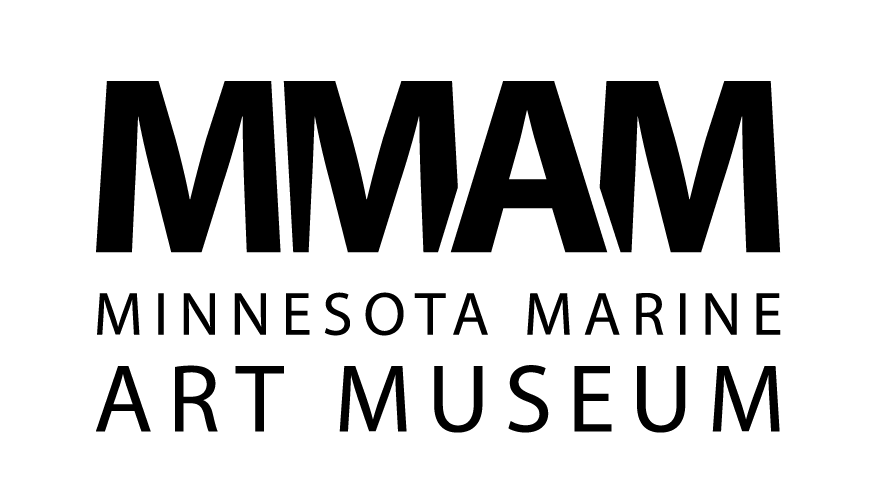Note: This is an online version of the exhibition Shutterbug: The Mid-Century Photography of David Tewes, scheduled for January 10 through May 3, 2020 at the Minnesota Marine Art Museum. It has been made available as on online exhibition while the museum is closed due the COVID-19 outbreak.
Introduction
David Tewes’ 1933 Hutchinson High School graduation photo. Photo courtesy of the McLeod County Historical Society.
David Tewes (1913-1991) was born and raised in Hutchinson, MN. He was an Army veteran of World War II. He worked for the Highway Department, as a house painter and decorator, and later in life was self-employed. He enjoyed flower gardens, antiques and the arts, and was active with the McLeod County Historical Society and Peace Lutheran Church. A great cook, Tewes would make cookies for residents at Burns Manor at Christmas, and picnics for his friends. He loved to travel. Tewes never married and had no children.
What David Tewes was not, is a professional photographer. However, this exhibition celebrates the spectacular photographs taken by Tewes between 1944 and 1955. Tewes was an avid photographer and frequent traveler. He photographed the cities, landscapes, and people he encountered along the way. He experimented with nighttime photography, still life, and the effects of light. Tewes’ photographs are fleeting moments that can take us back to a specific time and place. They jog our memories and gives us new insight. These photographs were taken at a time of great optimism in the United States following World War II. Camera equipment, once an expensive investment mainly for professionals, was cheap and easily accessible, and more Americans could afford travel. Tewes was an amateur, lacking at times in technical ability, but with a keen eye for composition and color, choosing his subject matter carefully, and with a clear sense of humor.
David Tewes’ “Shutterbug” title card.
David Tewes’ photographs were never published and are on public exhibition here for the first time. Christopher Finke, a distant relative of Tewes, found a box of old Kodachrome slides while cleaning out his father-in-law’s attic, and got curious. What he found was striking images of David Tewes’ deployment to Attu Island, Alaska during World War II, scenes around Hutchinson, MN and the Twin Cities metropolitan area, and tourist snapshots from his trips to Los Angeles, San Francisco, Mexico, Washington, D.C., and more. Realizing the historical significance of these images, Finke made many of the photographs available online, where they were discovered by the Minnesota Marine Art Museum. These mid-century images of the waterways of Minnesota, California and beyond, have significant historic and artistic value, and explore how Americans interacted with their environment at mid-century. Tewes’ photographs serve as an example of why it is important to preserve old photographs, both as documentary evidence and as examples of the talent and skill that can be found in everyday people. While many of Tewes’ images were saved, many suffered damage or were lost.
These photographs were never meant to hang on museum walls. Tewes’ slides were neatly organized by place and subject matter, each with their own title slide using Mitten’s Display Letters. These title slides served as chapter markers for his home slideshows. In the days before smartphones and social media, this is how Tewes would have shared his pictures with friends and family. Examples of these title slides can be seen on with the photographs in the gallery below, with more in the slide show video at the end.
You never know what you will find in an attic.
Special thanks to Christopher Finke and the McLeod County Historical Society.
Media Sponsor: The Water Main, Minnesota Public Radio
The Slides
David Tewes’ slide box and slides:
David Tewes used this box to organize and store his Kodachrome slides. They were neatly labeled by location and subject matter. The individual letters used to create title slides on display in the exhibition are the same type of Mitten’s Display Letters used by Tewes. The letters would be placed on top of a printed image and then a photograph would be taken to be made into a title slide.
Exhibition Images
Click the image to enlarge.
Slide show
This slide show contains over 100 examples of David Tewes’ photographs not included in the exhibition. They include colorful title slides he designed and lettered to denote introductions, chapters, and subjects.
Exhibition Installation Photographs




























































